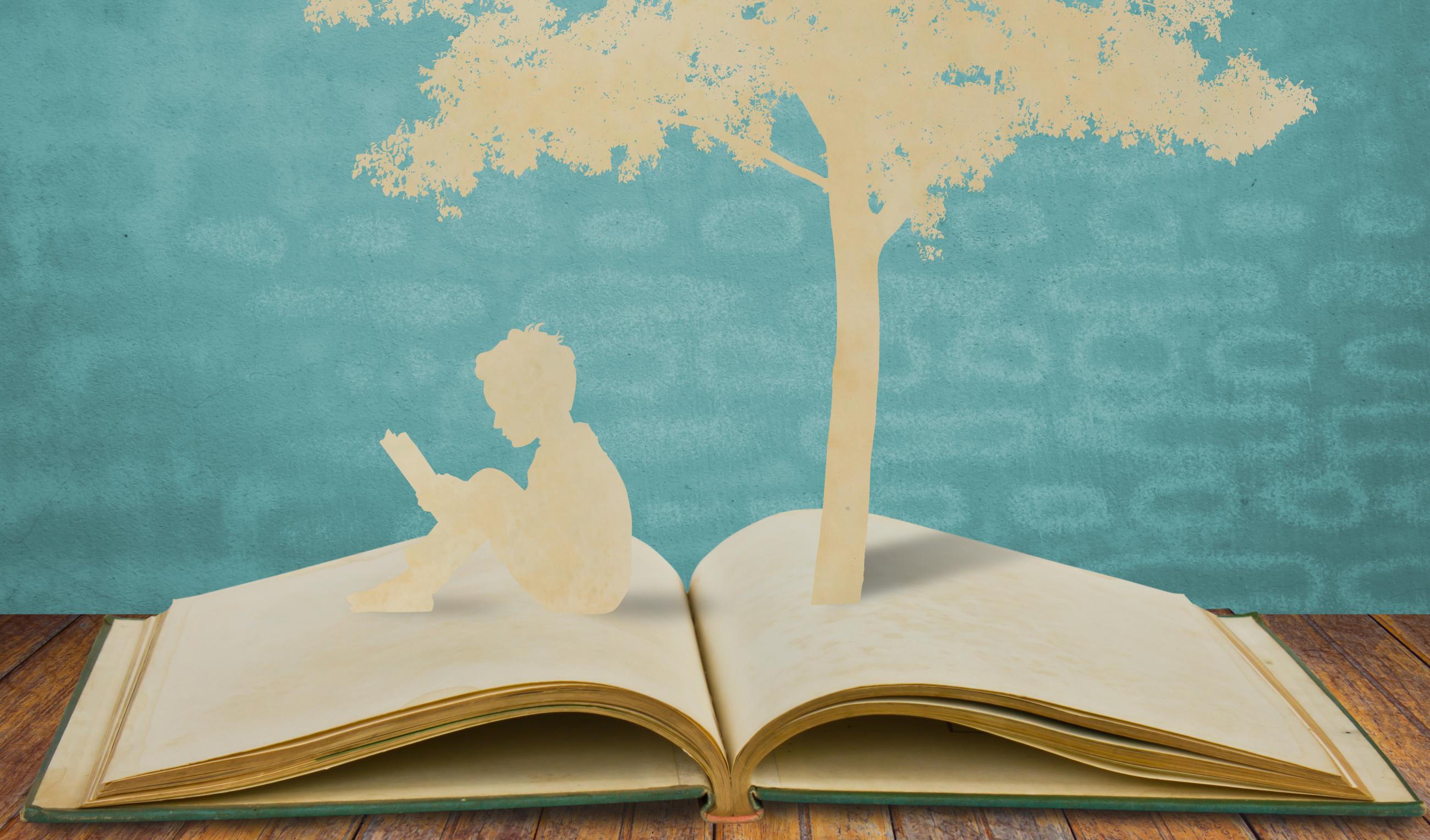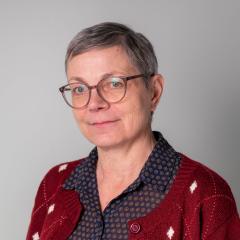
What is literature? Keys to understanding literary language / Mis on kirjandus? Võti kirjanduskeele mõistmiseks
School of Humanities
Open Academy
The course is for high school students and vocational school students, young people taking a gap year, in English; English language skills at B2 level are required. What is literature? How is literary language different from common language? What makes a text ‘artsy’ while another is inexpressive or just plain boring? In this course, you become familiar with the five essential mechanisms to elaborate an artistic or literary message: rhythm, lexical richness, use of rhetorical figures, infraction of grammatical norms and elaboration of a connotative and ambiguous message. We work with relevant texts from the history of literature as well as with promising texts of contemporary literature, and you experiment with creative writing yourself!
- 11:00 - 14:00
Target group: High school students and vocational school students, young people taking a gap year.
Course schedule:
| TIME | TOPIC | TEACHER | ROOM | |
|---|---|---|---|---|
| 03.02.2024 | 11:00-14:00 | Literary language and its mechanisms (I) Course presentation. The poetic function. Form and content of the literary message. Figures of speech (I) | Clara del Rey | S415 |
| 17.02.2024 | 11:00-14:00 | Literary language and its mechanisms (II) Figures of speech (II).Literary genres.Literary subgenres | Clara del Rey | S415 |
| 02.03.2024 | 11:00-14:00 | Poetry (I) Verse: meter and rhyme.Types of stanzas and poems | Clara del Rey | S415 |
| 16.03.2024 | 11:00-14:00 | Poetry (II) Reading poetry step by step | Clara del Rey | S415 |
| 06.04.2024 | 11:00-14:00 | Narrative (I) The five elements of storytelling.Reading a short story step by step | Clara del Rey | S415 |
| 20.04.2024 | 11:00-14:00 | Narrative (II) The description. The dialogue. | Clara del Rey | S415 |
| 27.04.2024 | 11:00-14:00 | Narrative (III) Student’s presentations | Clara del Rey | S415 |
Course coordinator: Merje Olm, merje.olm@tlu.ee, 640 9316
Course lecturer:
Clara del Rey is a lecturer in Spanish language and literature. She received a bachelor's degree in philosophy from the Complutense University of Madrid and worked there - in the Chair of Logic and Philosophy - as a scholar and researcher.
She then obtained a master's degree in Spanish Linguistics, defending her master's thesis on Cómo suena el español? Representación de las variantes diatópicas en los textos auditivos de los manuales de ELE (How does Spanish sound? Representation of dialects in the audio texts of ELE textbooks). She has studied Spanish cinema at the University of Edinburgh and Spanish-language American literature at the University of Missouri. In the latter, she also worked as a Spanish language teacher through a Fulbright scholarship. Since 2011, she has been teaching Spanish language and literature, also being an organizer of DELE exams.
Course participants have thought about this course:
- All topics were terribly exciting and well chosen, the teacher was wonderful!
- The teacher went to great lengths to prepare for the lessons. From the slides to the materials she was excellent! All the information was new to me and Clara made it her duty to explain everything clearly and in great detail.
- Discussing literature and analyzing it with people who are really interested in it and who share my thoughts. This is very rare in a regular school lesson, and therefore I am incredibly grateful for the training.
- I learned to look at fiction texts with an analytical eye.
- New knowledge that I can further research and apply in my own readings.
Learning outcomes, the student:
- is able to identify the main elements and themes of a literary text (as well as the author’s intention);
- can take on a variety of textual genres (poetry, narrative and drama) and identify their differences and similarities;
- is able to criticise a text applying aesthetic reasoning;
- can produce texts with a clear literary intent.
